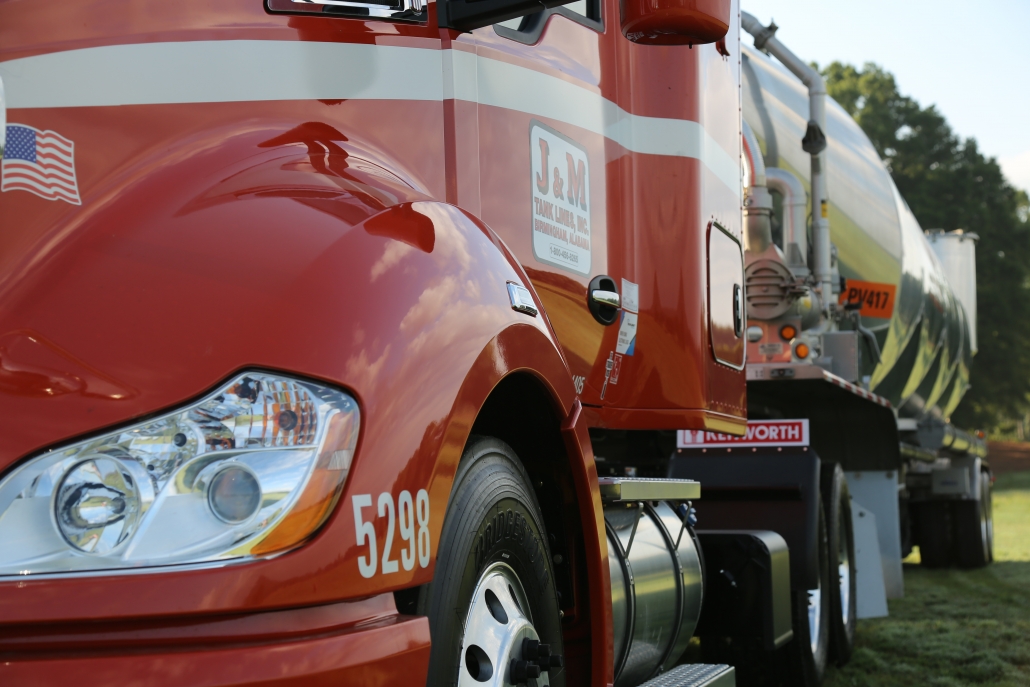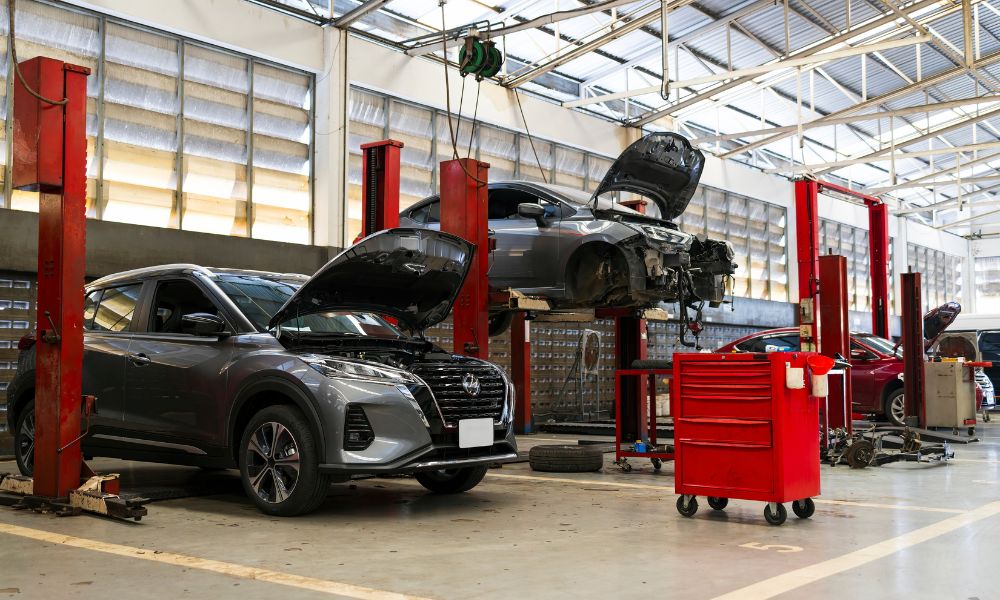Types of Liquid Food Grade Transportation
There are different types of liquid food grade transportation. These include tanker trucks, intermediate bulk containers, and air compressors. To learn more about these types of transportation, read this article. First, you’ll find out why these vehicles are beneficial to companies transporting food-grade liquids. Then, you’ll know how to choose the best truck for your needs. Here are a few things to keep in mind:
Transporting food-grade liquids
Transporting food-grade liquids requires a little more planning than transporting regular foods. While everyday food items may be damaged in an accident, spills and leaks can wreak havoc on commuters and drivers alike. To prevent spills and leakages, you should consider using bulk liquid solutions to transport food-grade liquids. Learn how to select a bulk liquid solution and transport liquids safely. The following are some examples of the different options available.
Use safety data sheets to ensure the integrity of your product. Safety data sheets contain information about the product’s composition, quality, and spoilage rate. They can also help carriers plan for unexpected circumstances. Your product will be protected by following the recommendations, and you won’t have to worry about spills, spillages, or leaks. If you’re concerned that your product might be contaminated, use the safety data sheet to find out how to prevent it.
Tanker trucks
Tanker trucks for liquid food grade transportation are designed to transport these products. Milk is the most common type of liquid food transported using tanker trucks, but other products are also available in hollow metal tubes. These products must be kept in excellent condition throughout the transportation process, so it is essential to select the right truck. To make this possible, tanker trucks must be equipped with tamper-evident seals. This seal should be non-resealable and be easily identifiable. The material used to construct tanker trucks is stainless steel or isothermal.
Drivers of tank trucks for liquid food grade transportation must meet strict sanitation and safety codes. In addition, they must be trained in food-grade safety and certified by a third-party certification agency. Many tanker companies are located throughout the European highway road network. These companies are organized under a non-profit organization called EFTCO. As a result, these trucks must be clean and disinfected regularly.
Intermediate bulk containers
Intermediate bulk containers (IBCs) transport and store liquid food-grade products. They are made of durable plastic and do not require an outer cage. Typically, they have a capacity of 1000 liters and are stackable and collapsible. Their streamlined design reduces packaging costs, space requirements, and return transport fees. Folding IBCs are a popular option for transportation because they are portable and take up less space when empty.
They are typically composed of high-density polyethylene (HDPE) and are stackable in certain circumstances. Stackable IBCs generally are two to three high or four high, depending on the size of the shipment. Stacking a single IBC is usually not recommended for larger loads. To stack multiple IBCs, stack them according to the UN/DOT label. Some IBCs have a patented foldable plastic liner to make them easier to stack.
Air compressors
Compressed air is widely used in food processing plants as a safe power source and to mix liquids. It is also used in drying, filling, and spray applications. However, air compressors are oil-lubricated, and using non-food-grade lubricants could compromise food safety. Luckily, there are several options for food-grade compressors. Here are a few important ones to consider. Using a food-grade oil will help keep your compressor within the FDA standards while enhancing its operation.
Oil-free compressors are especially suited to agricultural applications because they don’t risk contaminating drinking water. They can also be used on farms for milking robots and dairy parlor cleaning. A high-quality air compressor can help you meet your production and transportation requirements and reduce steam demand. It’s a must for the food and beverage industry. It’s also essential to choose an air compressor that suits the size and application of your business.




